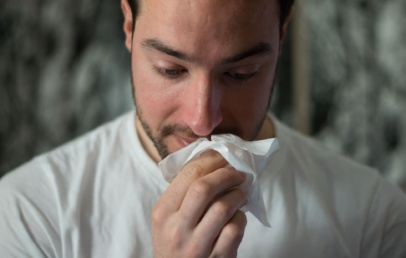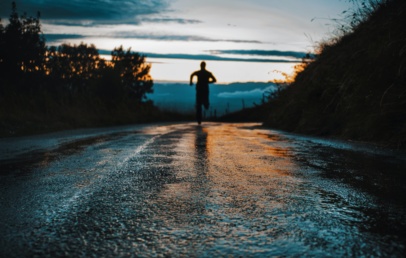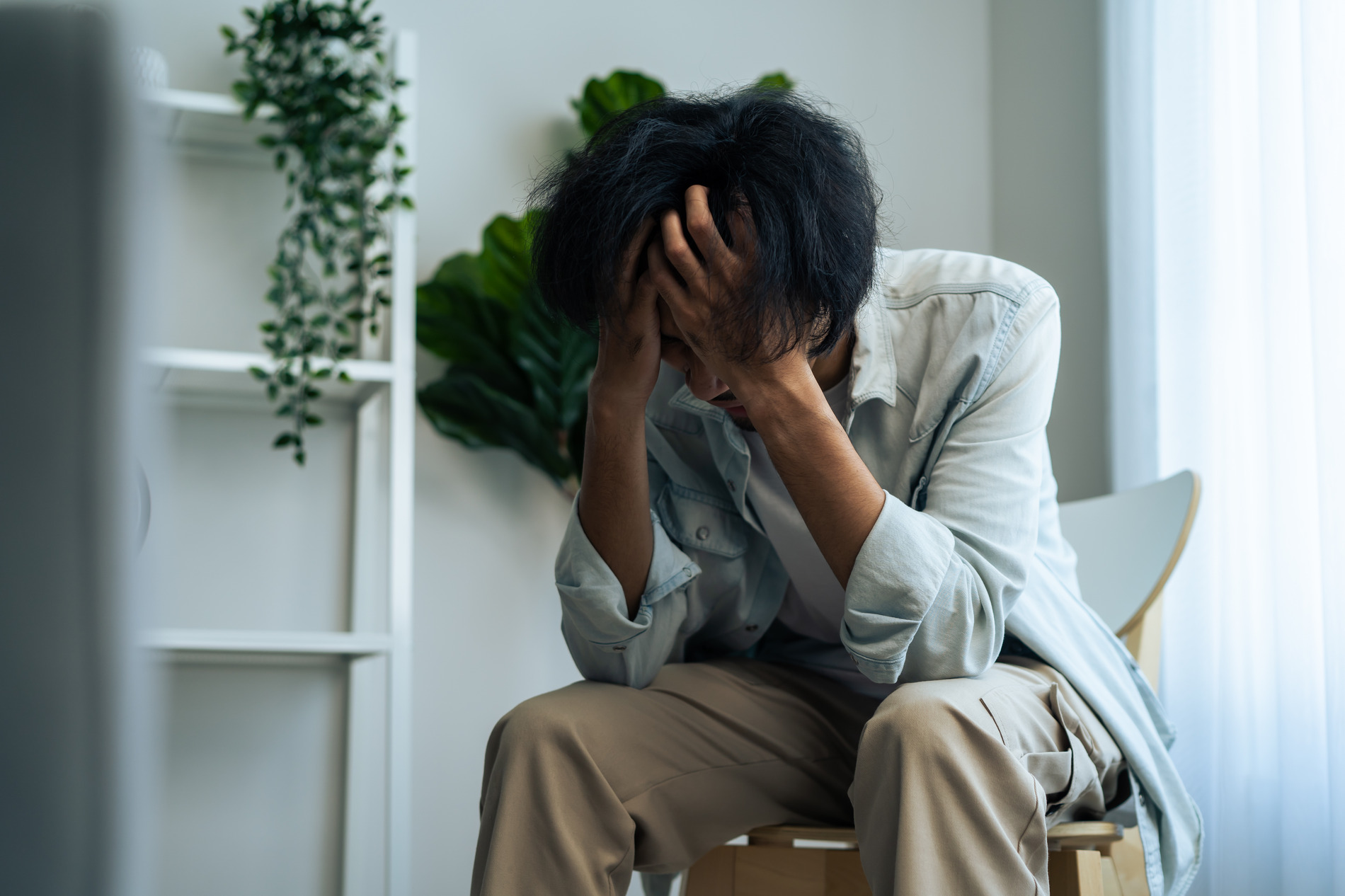
Best Ways to Reduce Anxiety
Anxiety is something we all experience at some point—whether it’s stress from work, social situations, or just feeling overwhelmed by daily life. While it’s completely normal to feel anxious sometimes, constantly feeling on edge can take a toll on both your mental and physical health. The good news? There are proven ways to calm your mind and ease anxiety. Here are 17 effective tips to help you manage and reduce anxiety naturally.
1. Practice Deep Breathing
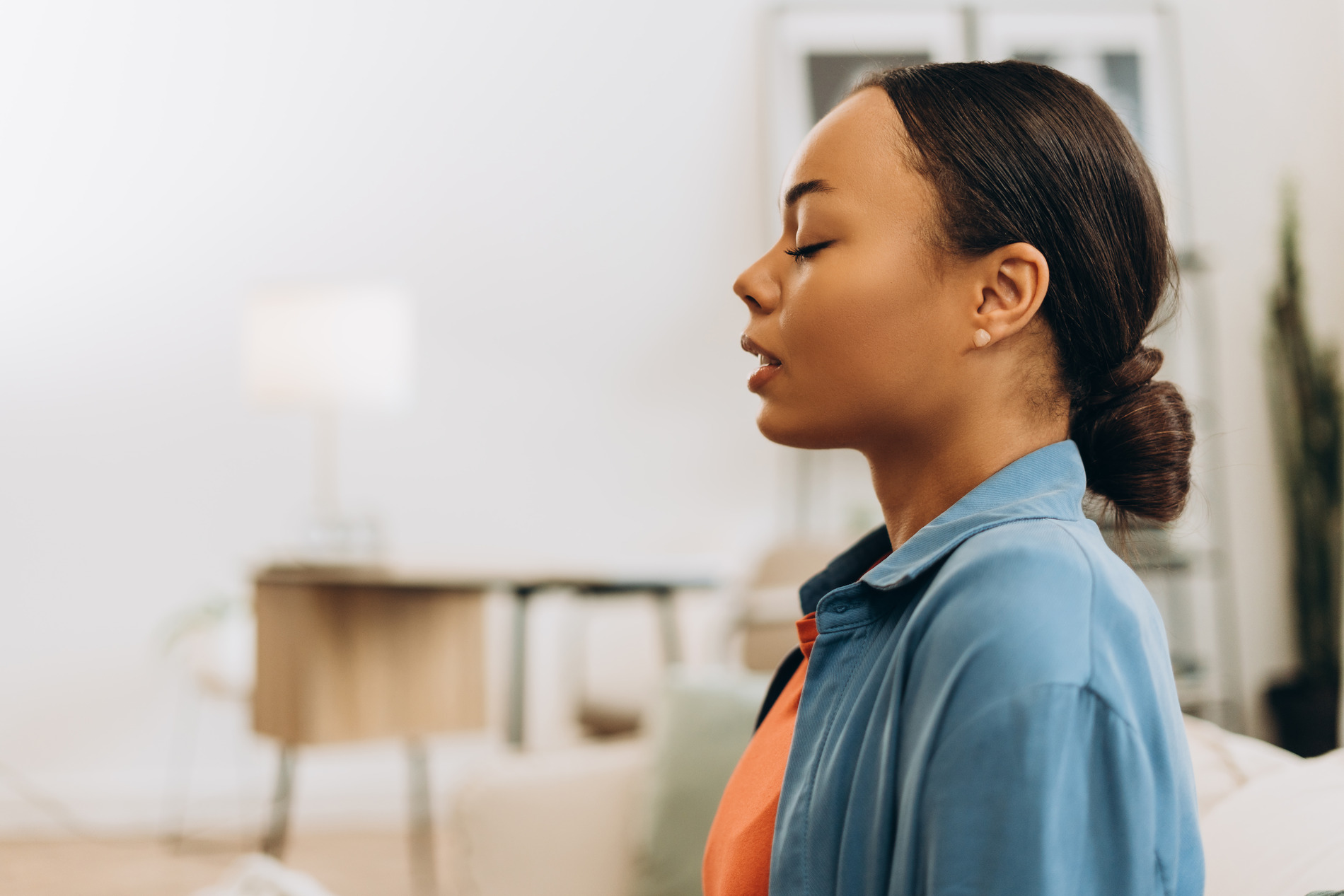
When you’re anxious, your breathing becomes shallow and rapid, which can make you feel even more tense. Try the 4-7-8 breathing technique:
- Inhale deeply through your nose for 4 seconds
- Hold your breath for 7 seconds
- Exhale slowly through your mouth for 8 seconds. This slows your heart rate and signals your nervous system to relax.
2. Get Moving
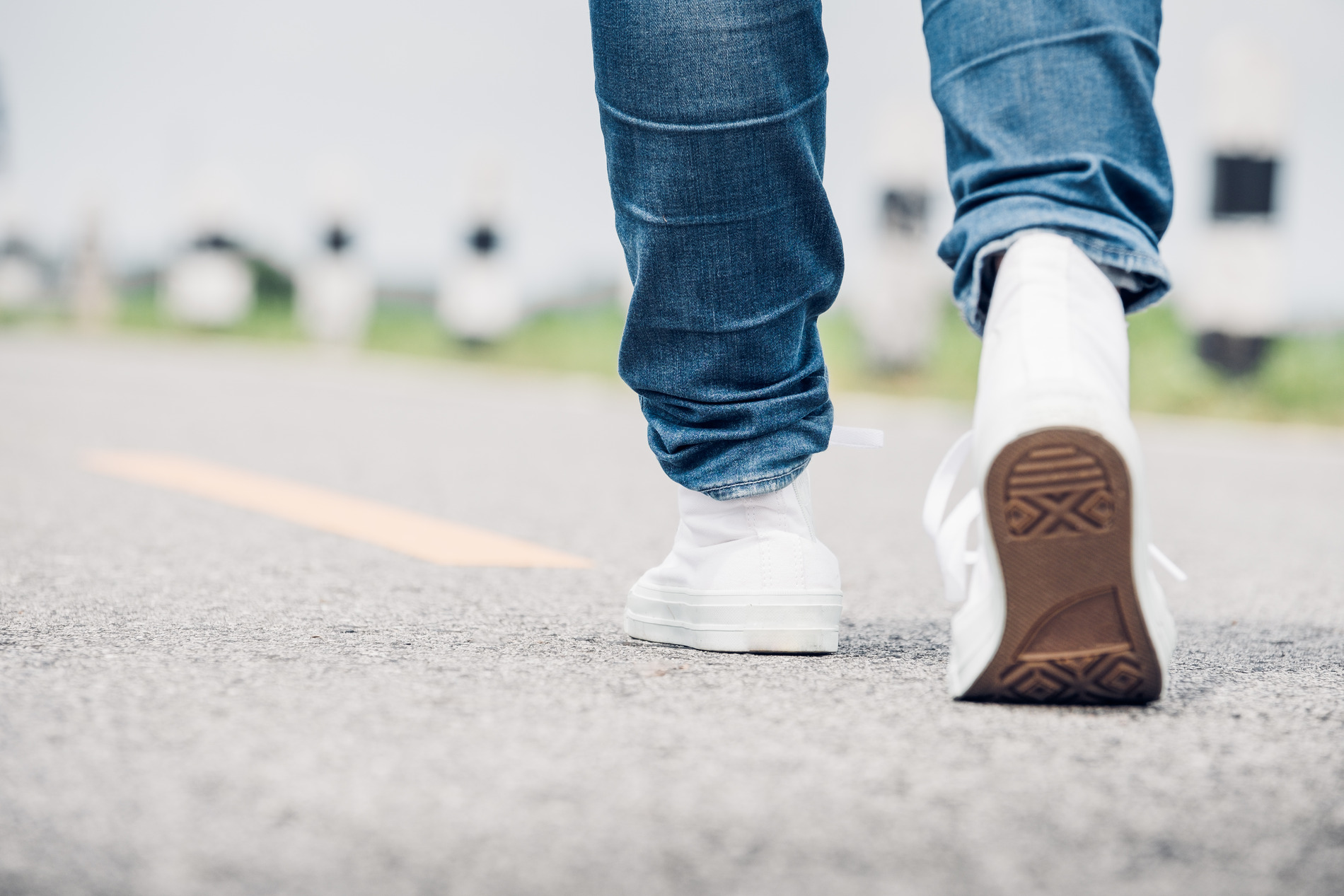
Exercise is one of the best natural ways to reduce anxiety. Physical activity releases endorphins, which are your body’s feel-good chemicals, helping to improve mood and lower stress. Even a 15-minute walk, yoga session, or stretching routine can make a difference.
3. Limit Caffeine and Sugar

Too much caffeine or sugar can make anxiety worse by increasing heart rate and triggering jitters. Try replacing coffee with herbal tea or drinking plenty of water to stay hydrated. If you need a pick-me-up, opt for green tea, which has a calming amino acid called L-theanine.
4. Try Meditation and Mindfulness
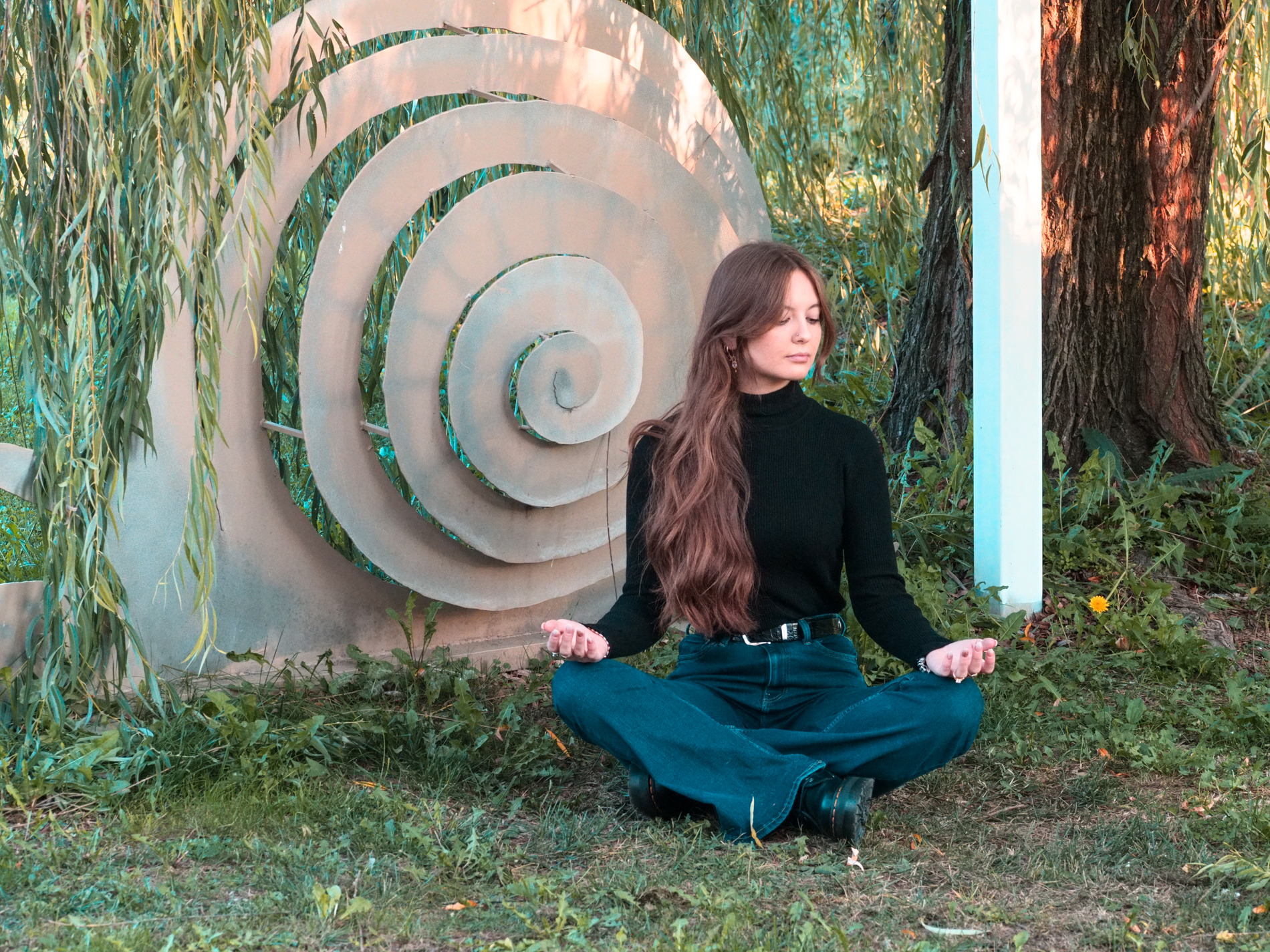
Mindfulness meditation helps you stay in the present moment, instead of worrying about the future. Even 5-10 minutes of meditation a day can train your brain to be less reactive to stress. Apps like Headspace or Calm offer guided meditations to get you started.
5. Get Enough Sleep
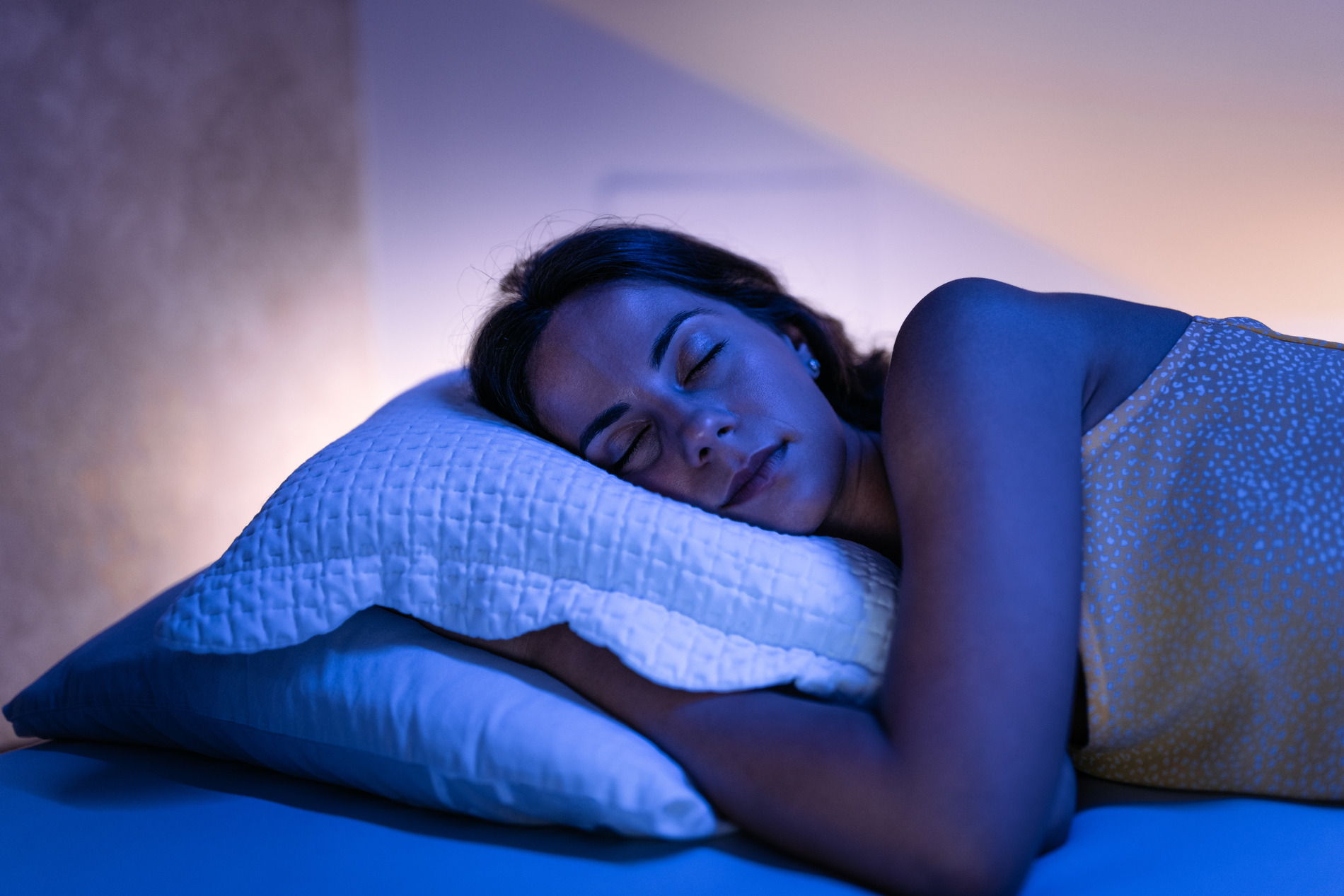
Lack of sleep can worsen anxiety and make it harder to handle stress. Create a calming bedtime routine by:
- Avoiding screens at least 1 hour before bed
- Drinking chamomile or lavender tea
- Keeping your bedroom cool and dark
- Going to sleep at the same time every night
6. Reduce Social Media and News Intake
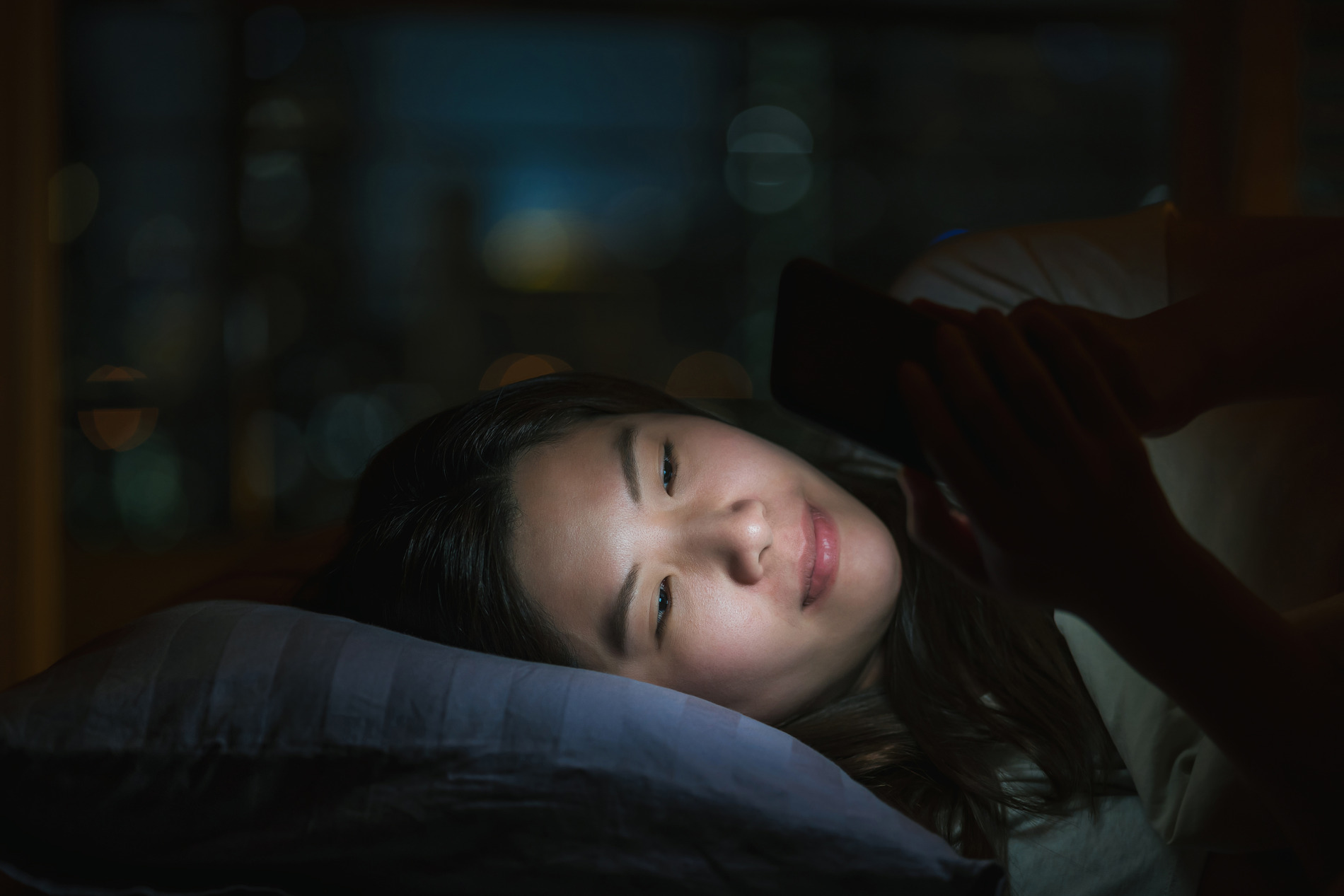
Constant exposure to bad news and comparison on social media can increase anxiety levels. Set a time limit on apps or take a social media detox for a few days to reset your mind.
7. Try Aromatherapy
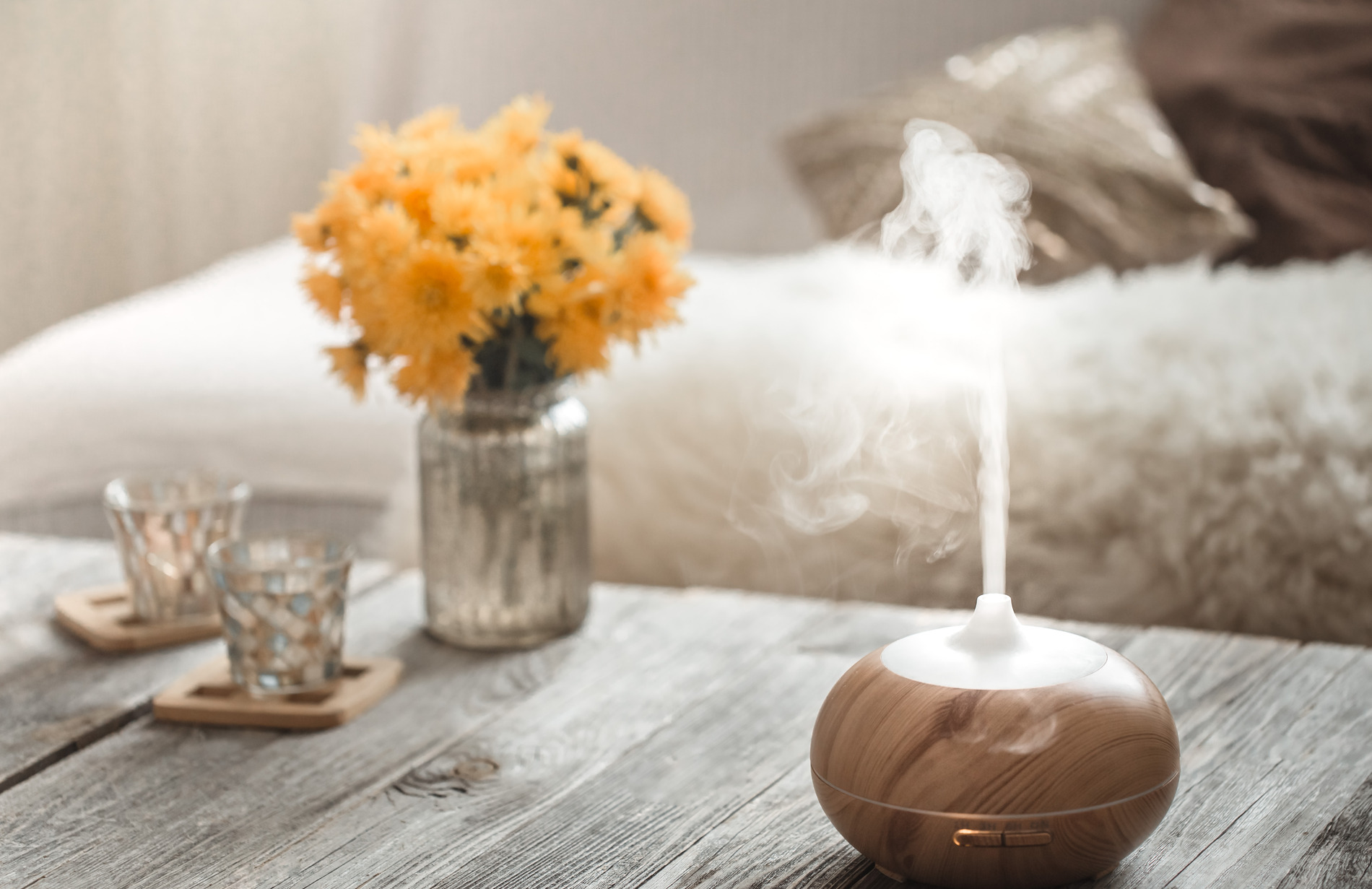
Certain scents can help calm your nervous system. Essential oils like lavender, chamomile, sandalwood, and bergamot can promote relaxation. Diffuse them in your room, add a few drops to a warm bath, or apply them to your wrists for quick relief.
8. Keep a Journal
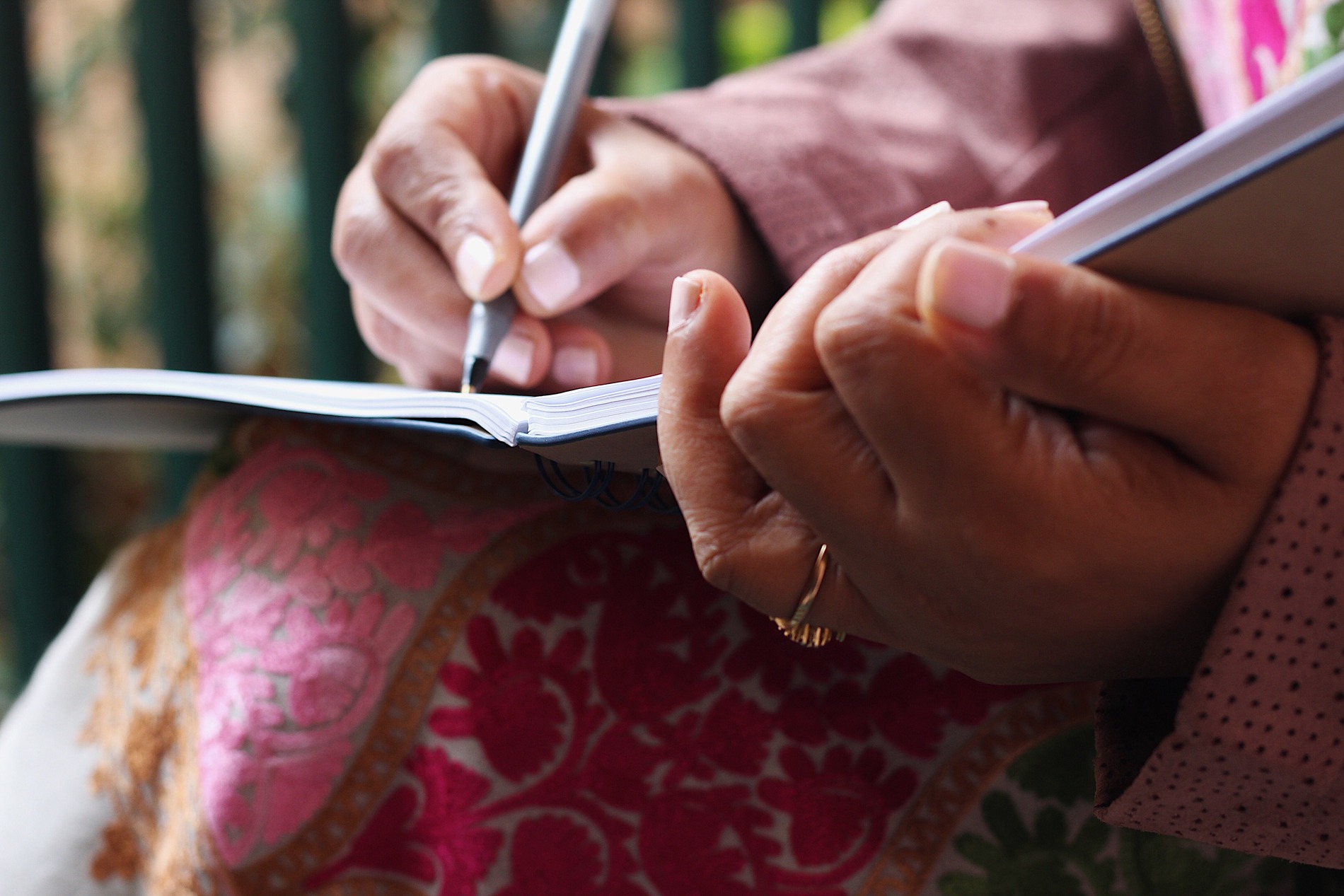
Writing down your thoughts can help process emotions and reduce overthinking. Try writing:
- Three things you’re grateful for each morning
- What’s making you anxious, and possible solutions
- A brain dump before bed to clear your thoughts
9. Practice Progressive Muscle Relaxation
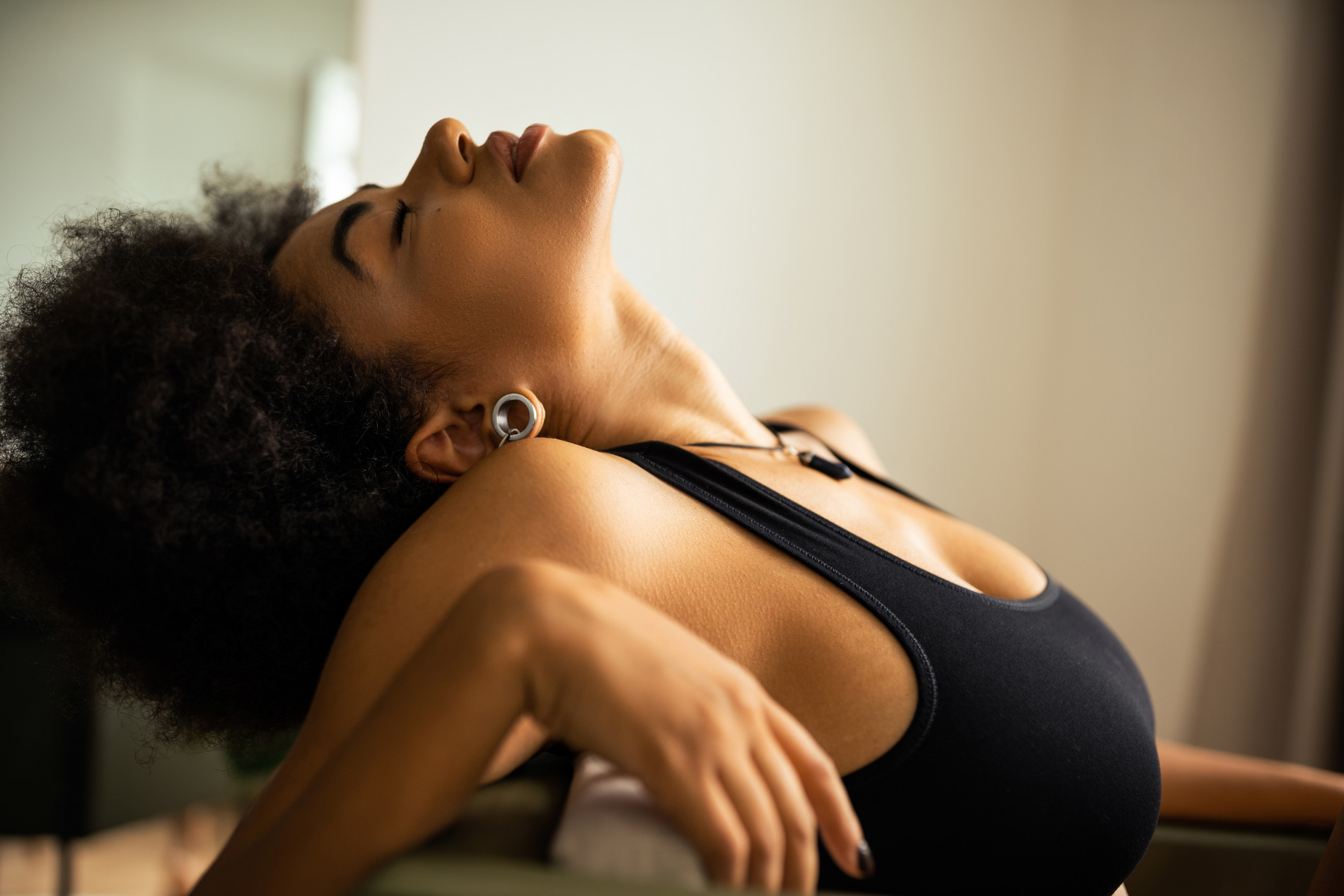
This simple technique involves tensing and then relaxing different muscle groups in your body, helping to release built-up tension. Start from your toes and work your way up to your shoulders and neck.
10. Stay Hydrated
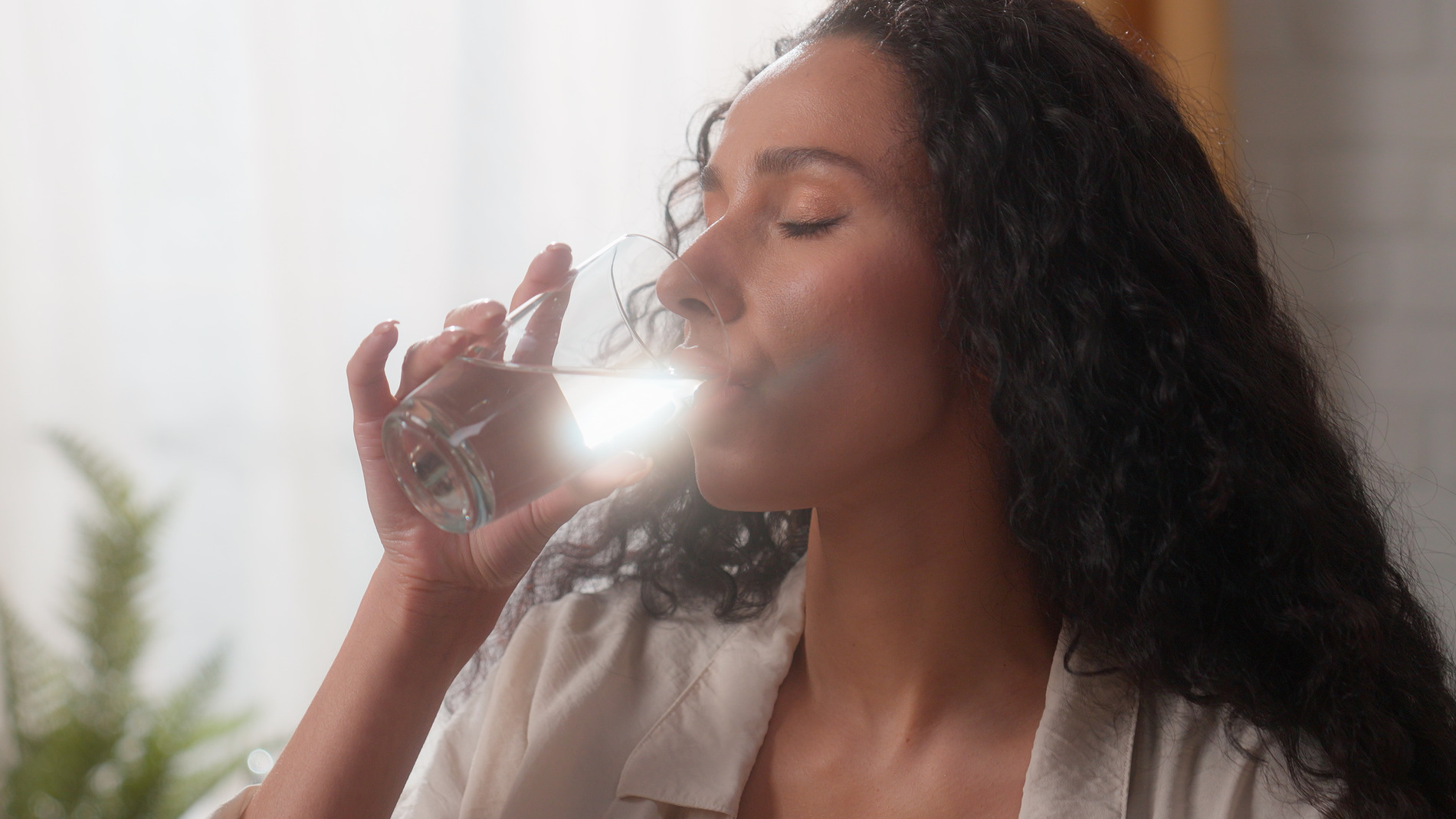
Dehydration can increase stress and make anxiety worse. Make sure you’re drinking at least 8 glasses of water per day. Herbal teas like peppermint or chamomile can also help soothe your nerves.
11. Focus on a Healthy Diet
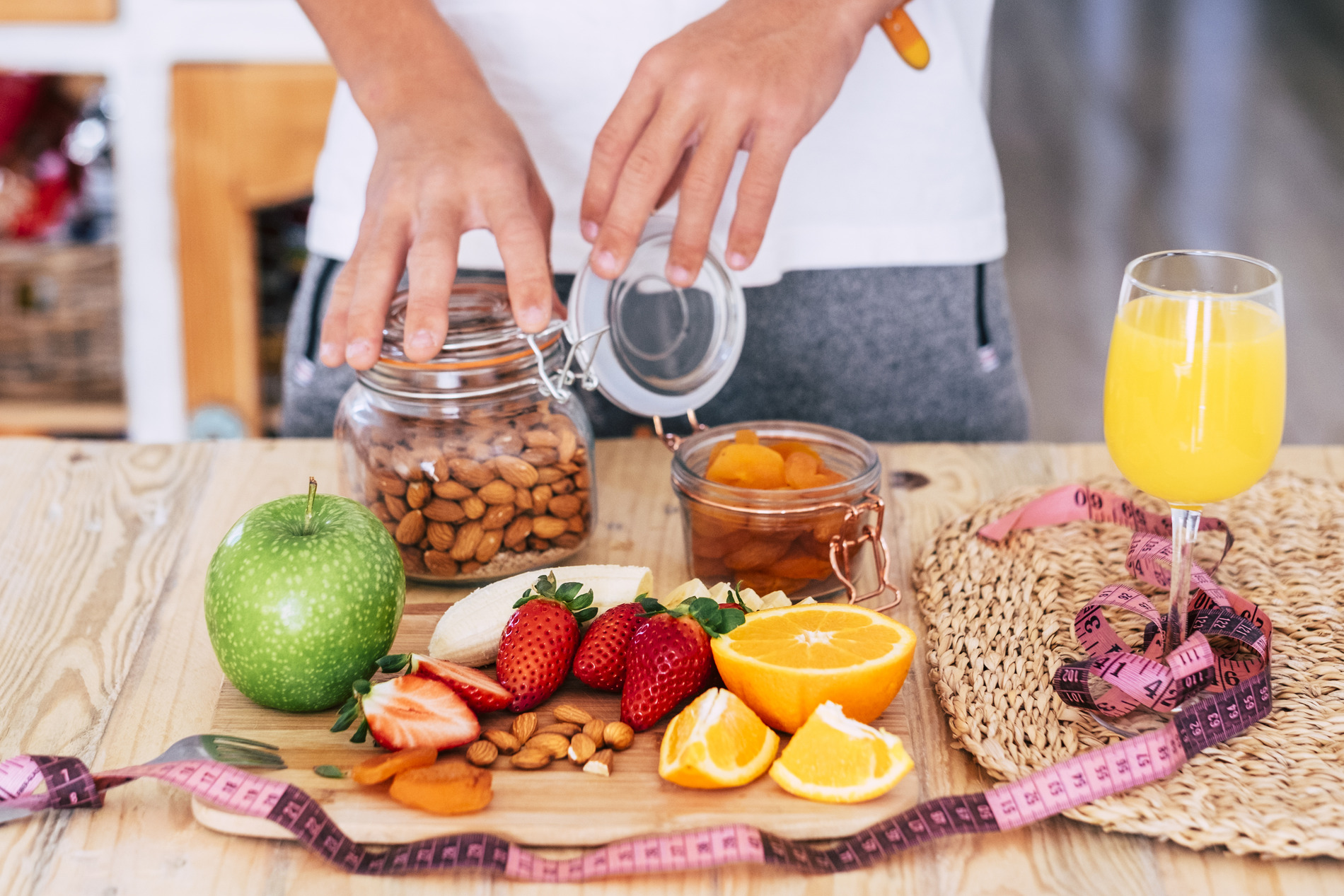
Eating the right foods can have a big impact on anxiety. Foods high in magnesium (almonds, spinach), omega-3s (chia seeds, walnuts), and B vitamins (bananas, lentils) help support brain function and reduce stress.
12. Spend Time Outdoors
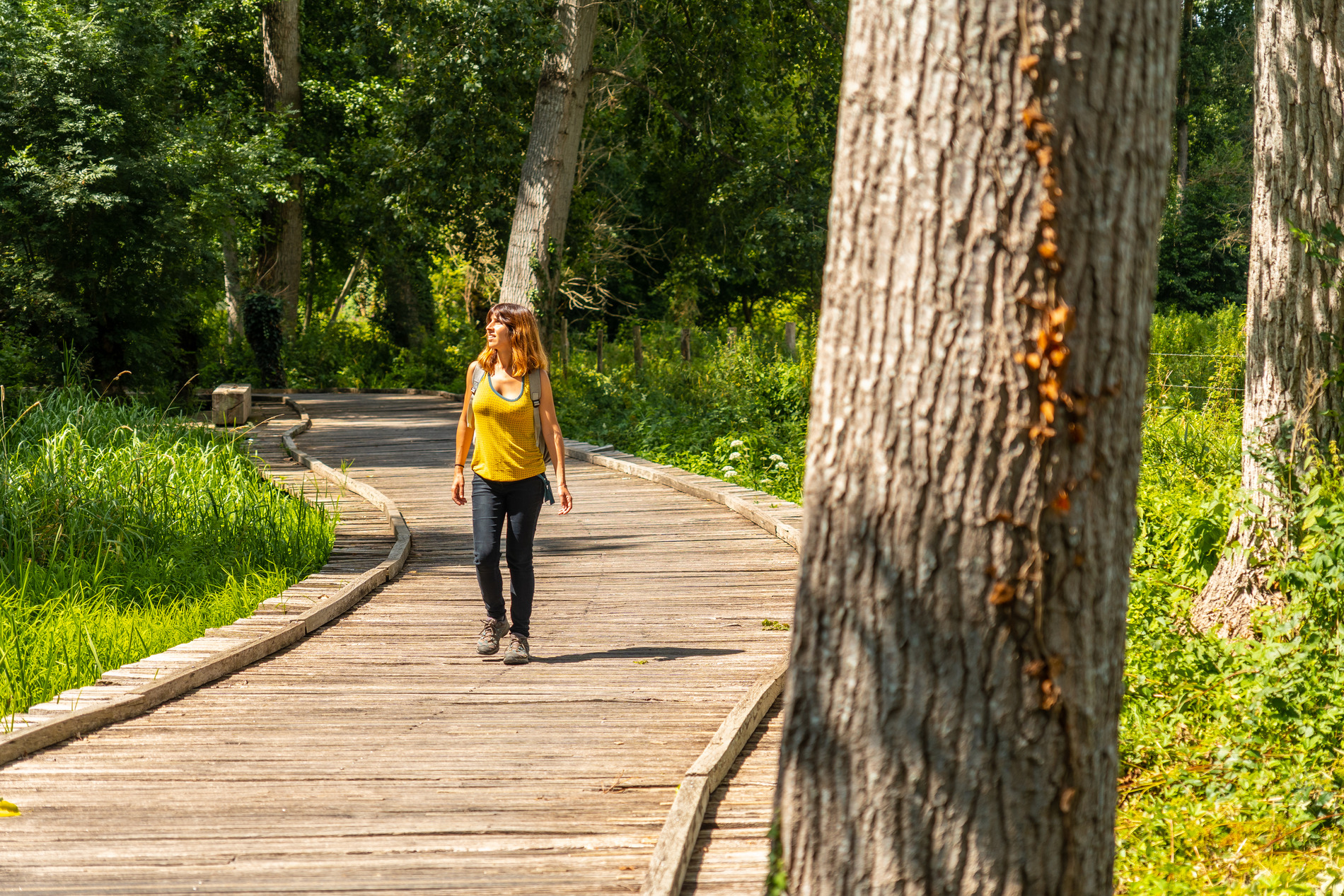
Being in nature has been scientifically proven to lower cortisol (the stress hormone) and improve mood. A quick walk in the park, a hike, or even sitting outside for fresh air can work wonders.
13. Connect with Someone You Trust

Talking to a friend, family member, or therapist about what’s bothering you can reduce feelings of isolation and provide emotional support. Sometimes, just venting can help you see things from a different perspective.
14. Listen to Calming Music
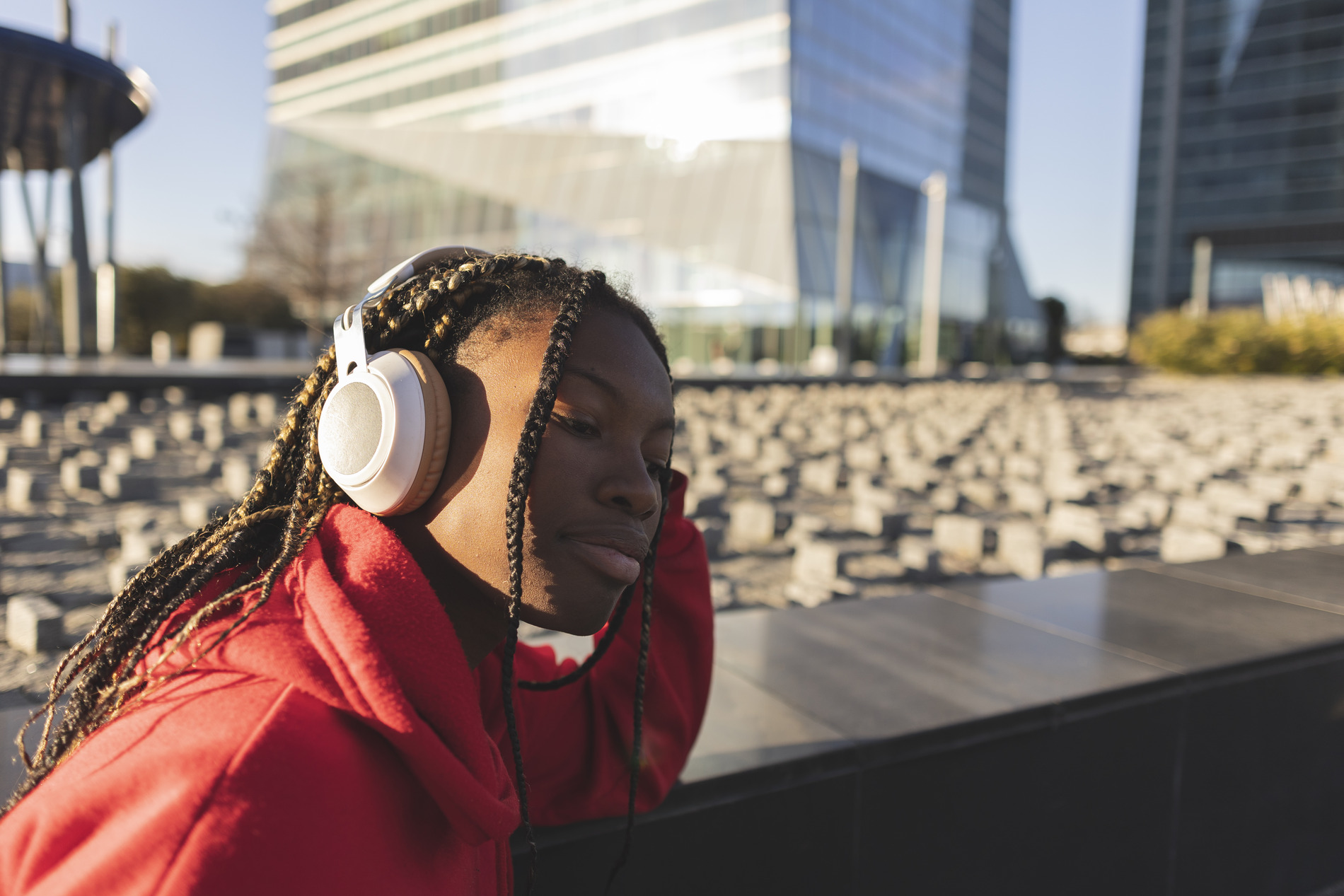
Music has a direct effect on your brain’s relaxation response. Classical, lo-fi beats, nature sounds, or soft acoustic music can help lower stress. Try binaural beats or theta wave music for deep relaxation.
15. Do Something Creative

Engaging in creative activities like drawing, painting, knitting, writing, or playing an instrument can shift your focus away from anxiety and help your brain relax. It’s a great way to express emotions and unwind.
16. Try Herbal Supplements

Certain natural supplements can help reduce anxiety without side effects. Popular options include:
- Ashwagandha – An adaptogen that helps lower cortisol
- Valerian Root – Supports relaxation and better sleep
- L-theanine – Found in green tea, promotes calmness. Always consult a doctor before starting any new supplements.
17. Practice Self-Compassion

Anxiety often comes with negative self-talk and feelings of pressure. Be kind to yourself—remind yourself that you’re doing your best, and it’s okay to have tough days. Speak to yourself the way you would talk to a friend.
Final Thoughts
Anxiety may not disappear overnight, but small, consistent changes can make a big difference. By incorporating even a few of these 17 tips, you can train your mind to handle stress more effectively and find more peace in your daily life.


